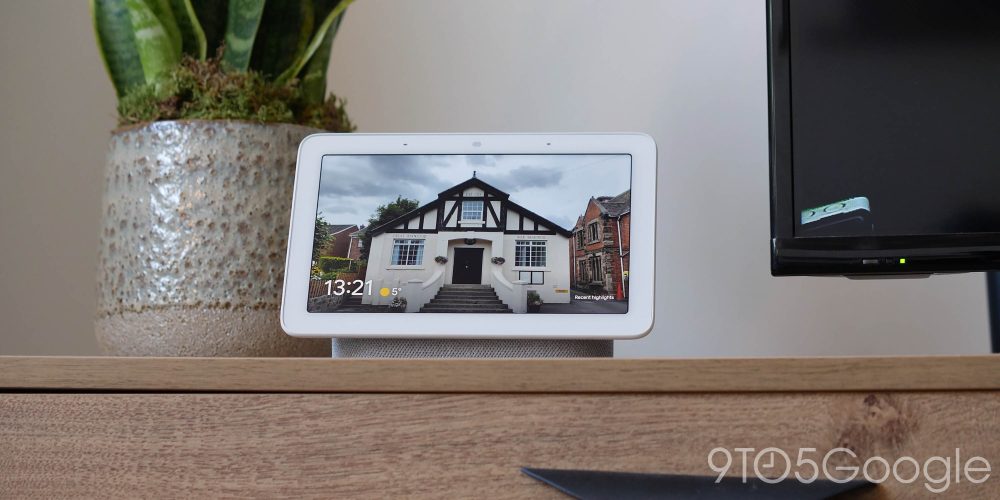
Google’s long-in-development, from-scratch operating system, Fuchsia, is now running on real Made by Google devices, namely, the first-generation Nest Hub.
Google has told us that as of today, an update is beginning to roll out to owners of the first-generation Nest Hub, first released in 2018. For all intents and purposes, this update will not change any of the functionality of the Nest Hub, but under the hood, the smart display will be running Fuchsia OS instead of the Linux-based “Cast OS” it used before. In fact, your experience with the Nest Hub should be essentially identical. This is possible because Google’s smart display experience is built with Flutter, which is designed to consistently bring apps to multiple platforms, Fuchsia included.
We’ve been tracking the development of Fuchsia since 2016, starting from an ambitious experimental UI, to running on Google’s many internal testing devices for Fuchsia, ranging the full gamut of Google’s smart home and Chromebook lineup. In the time since then, the OS has gradually progressed and recently even begun a steady release schedule.
Earlier this month, we spotted the first-generation Google Nest Hub running that first “Fuchsia 1.0” release as it received new approval from the Bluetooth SIG. This pointed to Google expanding Fuchsia from their internal testing process to something more public-facing. At the time, we posited that it could be intended as a way for developers to easily try the new OS, but with Google I/O — the company’s developer-focused event — now behind us, it seems Google had grander plans in the works.
The Fuchsia-based update for the Nest Hub will roll out over the coming months, starting with those in the Preview Program, before eventually becoming more broadly available. Considering the interface and experience will be unchanged, it’s likely that Nest Hub owners won’t even notice they’ve been switched over to Fuchsia OS. That said, Google appears to be moving cautiously with this rollout, moving over the course of months, as switching operating systems is not a simple update.

Today’s release marks Google’s biggest public step toward Fuchsia being an operating system that the average person can use. By field testing it on real devices in the wild, Google can prove that their from-scratch, “not Linux” operating system is ready to be used in the smart home as a drop-in replacement for the Cast OS. For now, it’s not clear whether Google intends for other Cast OS-based devices to be ported to Fuchsia.
That said, the smart home is just one of many avenues that Google has explored for Fuchsia, with the OS designed to be capable of powering both desktops and smartphones, even natively running Android apps. As suggested by Google’s Hiroshi Lockheimer in 2019, the smart home may be the starting point for Fuchsia on Made by Google devices — and beyond.
It’s not just phones and PCs. In the world of IoT, there are increasing number of devices that require operating systems and new runtimes and so on. I think there’s a lot of room for multiple operating systems with different strengths and specializations. Fuchsia is one of those things and so, stay tuned.
— Hiroshi Lockheimer, Google SVP of Android, Chrome/OS, Play, and Photos
More on Fuchsia:
- Samsung is now a contributor to Google’s Fuchsia OS
- Google Nest Hub shows up at Bluetooth SIG running ‘Fuchsia 1.0’
- Fuchsia Friday: Google is preparing for Fuchsia’s first developer releases
Author: Kyle Bradshaw
Source: 9TO5Google



